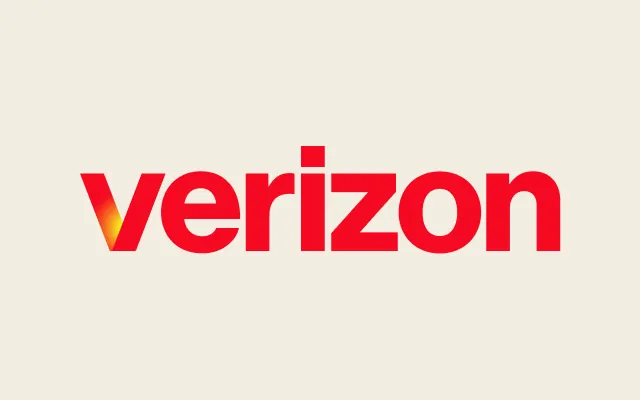
Tragic Loss: Panera Bread Settles Wrongful Death Lawsuit Over Charged Lemonade
2024-10-07
Author: Ting
Settlement Reached
In a heartbreaking turn of events, the family of Sarah Katz, a 21-year-old Ivy League student, has reached a settlement with Panera Bread following her untimely death due to a highly caffeinated beverage known as Charged Lemonade. The legal battle began after Katz, who had a pre-existing heart condition, tragically suffered cardiac arrest just hours after consuming the drink at a Philadelphia location in September 2022.
The Lawsuit
The lawsuit, filed by her parents in October, marked the first in a series of four lawsuits targeting Panera Bread, which labeled the popular beverage as a “dangerous energy drink.” This case has sent shockwaves through the community, highlighting concerns over the safety of such high-caffeine beverages, particularly for individuals with health issues. Following the incident and legal pressure, Panera Bread decided to stop selling Charged Lemonade in May.
Health Concerns
Sarah Katz was diagnosed with long QT syndrome type 1, a heart condition that warranted her avoidance of energy drinks, as per her doctors' advice. The lawsuit claimed that Charged Lemonade was marketed as a healthy, “plant-based and clean” drink, which misled consumers about its dangerous caffeine content.
Caffeine Content
While a typical 8-ounce cup of coffee holds approximately 95mg of caffeine, a 30-ounce serving of Charged Lemonade packs a staggering 390mg—far exceeding the amount found in popular energy drinks like Red Bull and Monster Energy. Additionally, the beverage contains guarana extract, another potent stimulant, and boasts nearly 30 teaspoons of sugar for the large size.
Company Response
Panera Bread expressed deep sorrow over Sarah's death and promised a thorough investigation into the circumstances surrounding it. Elizabeth Crawford, the attorney representing Katz's family, confirmed that a settlement had been reached but declined to provide further details due to confidentiality agreements.



 Brasil (PT)
Brasil (PT)
 Canada (EN)
Canada (EN)
 Chile (ES)
Chile (ES)
 España (ES)
España (ES)
 France (FR)
France (FR)
 Hong Kong (EN)
Hong Kong (EN)
 Italia (IT)
Italia (IT)
 日本 (JA)
日本 (JA)
 Magyarország (HU)
Magyarország (HU)
 Norge (NO)
Norge (NO)
 Polska (PL)
Polska (PL)
 Schweiz (DE)
Schweiz (DE)
 Singapore (EN)
Singapore (EN)
 Sverige (SV)
Sverige (SV)
 Suomi (FI)
Suomi (FI)
 Türkiye (TR)
Türkiye (TR)